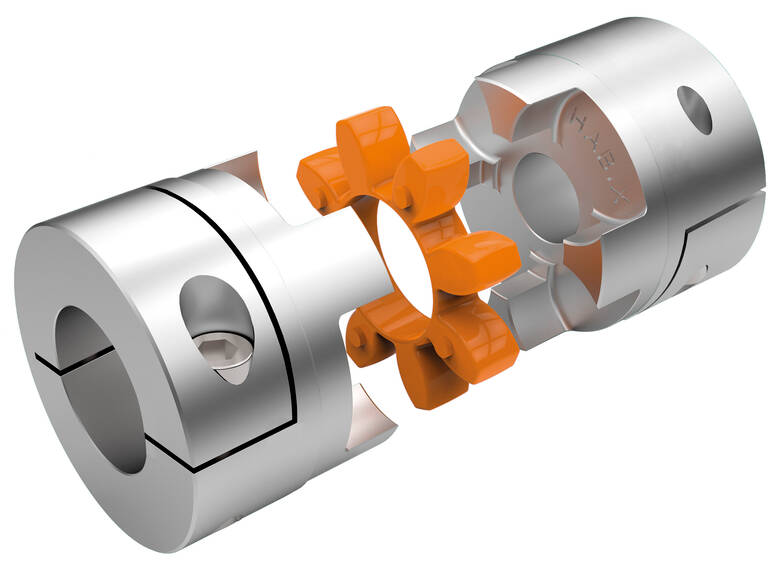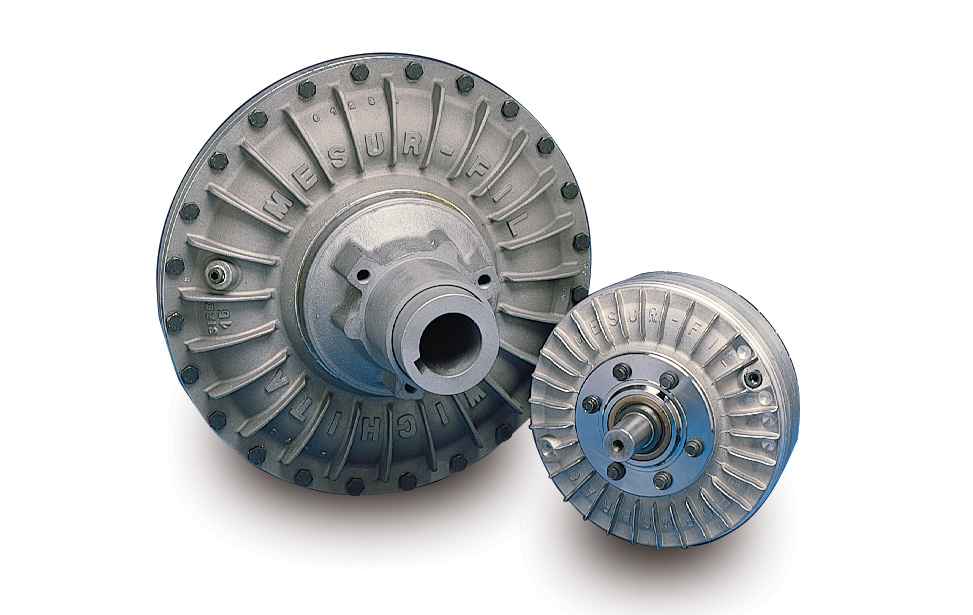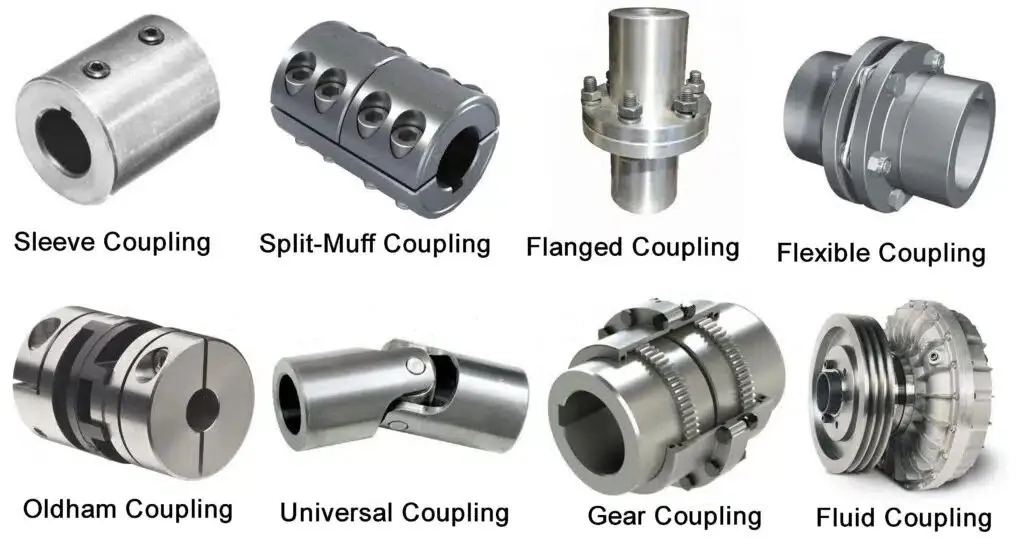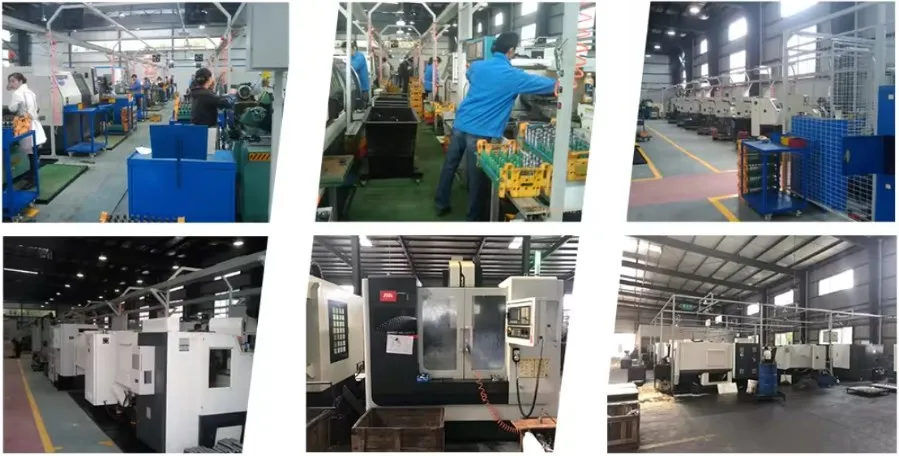Mechanical Coupling for Oil Refining
Introduction to Mechanical Couplings
Mechanical couplings play a pivotal role in the oil refining industry, ensuring the seamless transmission of power between various machinery components. These couplings are designed to compensate for misalignments and reduce mechanical stress, thereby enhancing the efficiency and longevity of the equipment.
Types of Mechanical Couplings
There are several types of mechanical couplings used in the oil refining process, each catering to specific operational requirements. These include rigid couplings, flexible couplings, and fluid couplings, among others. Each type offers unique advantages in terms of alignment, torque transmission, and vibration dampening.
Rigid Couplings in Oil Refining
Rigid couplings are employed when precise shaft alignment is necessary. They are typically used in applications where shafts are already in close alignment. Rigid couplings provide a straightforward and robust connection but are less forgiving to misalignment compared to their flexible counterparts.
Flexible Couplings for Enhanced Performance
Flexible couplings are designed to accommodate misalignments and absorb shock loads. They are crucial in oil refining operations where machinery components experience varying degrees of misalignment due to thermal expansion or other factors. Types of flexible couplings include elastomeric, jaw, and gear couplings.
Role of Fluid Couplings
Fluid couplings utilize hydraulic fluid to transmit torque between shafts. They are particularly effective in applications requiring controlled start-ups and variable speed operations. In oil refining, fluid couplings help to smooth out torque fluctuations and protect machinery from overloads.
Importance of Misalignment Compensation
Misalignment is a common challenge in oil refining equipment. Mechanical couplings are engineered to mitigate the adverse effects of misalignment, reducing wear and tear on bearings and other components. This capability is vital for maintaining operational efficiency and minimizing downtime.
Torque Transmission and Vibration Damping
Effective torque transmission is essential for the smooth operation of oil refining machinery. Mechanical couplings ensure that torque is transmitted efficiently while minimizing vibrations. This not only enhances performance but also extends the lifespan of the equipment.
Selection Criteria for Mechanical Couplings
Choosing the right mechanical coupling involves considering factors such as torque requirements, misalignment tolerance, and environmental conditions. A thorough understanding of these parameters ensures optimal performance and reliability of the coupling in oil refining applications.
Maintenance and Longevity of Couplings
Regular maintenance is critical to the longevity of mechanical couplings. This includes periodic inspection, lubrication, and replacement of worn components. Proper maintenance practices help prevent unexpected failures and ensure continuous operation in oil refining processes.
Innovations in Coupling Design
Advancements in material science and engineering have led to significant innovations in coupling design. Modern couplings are lighter, more durable, and capable of handling higher loads. These innovations contribute to the overall efficiency and reliability of oil refining operations.
Application-Specific Couplings
Oil refining processes often require application-specific couplings tailored to unique operational demands. Custom-designed couplings address specific challenges such as extreme temperatures, corrosive environments, and high rotational speeds, ensuring optimal performance.
Economic Impact of Efficient Couplings
Efficient mechanical couplings contribute to the economic viability of oil refining operations. By reducing downtime and maintenance costs, these couplings enhance productivity and profitability. Investing in high-quality couplings is a cost-effective strategy for long-term success.
Case Studies in Oil Refining
Several case studies highlight the importance of selecting the right mechanical couplings in oil refining. These examples illustrate how the appropriate coupling choice can lead to significant improvements in operational efficiency and equipment longevity.
Future Trends in Coupling Technology
The future of mechanical couplings in oil refining looks promising, with ongoing research focusing on enhancing performance and durability. Emerging trends include the use of smart materials, real-time monitoring systems, and predictive maintenance technologies.
Conclusion
Mechanical couplings are indispensable components in oil refining, ensuring the efficient and reliable transmission of power. Understanding the various types, selection criteria, and maintenance practices is crucial for optimizing refinery operations and achieving long-term success.

How does a mechanical coupling work?
A mechanical coupling works by connecting two shafts together, enabling the transfer of torque and rotational movement. The coupling compensates for misalignment and absorbs shocks and vibrations, ensuring smooth and efficient power transmission.

How do I choose a mechanical coupling?
Choosing the right mechanical coupling requires considering several parameters and actual conditions:
- Torque Requirements: The coupling must handle the maximum torque generated by the machinery without failing.
- Misalignment Tolerance: The coupling should accommodate angular, parallel, and axial misalignments to prevent undue stress on connected components.
- Environmental Conditions: Factors such as temperature, humidity, and exposure to chemicals can affect the coupling’s material and performance.
- Operational Speed: The coupling should be capable of operating at the required rotational speeds without causing vibration or imbalance.
- Shock and Vibration: The coupling should absorb or dampen shocks and vibrations to protect machinery and ensure smooth operation.

What are the classification of couplings in mechanical engineering?
Couplings in mechanical engineering are classified based on their design and application. Common classifications include:
- Rigid Couplings: Used for precise alignment in applications with minimal misalignment.
- Flexible Couplings: Include elastomeric, jaw, and gear couplings, designed to accommodate misalignments and absorb shocks.
- Fluid Couplings: Employ hydraulic fluid for torque transmission, ideal for controlled start-ups and variable speed operations.
- Magnetic Couplings: Use magnetic fields to transmit torque without physical connection, suitable for hermetically sealed applications.
- Universal Joints: Allow for transmission of torque between misaligned shafts, commonly used in automotive and industrial applications.
HZPT is located in Hangzhou, Zhejiang Province, and is a modern enterprise integrating R&D, manufacturing, production, and international trade. We adhere to our core values and business philosophy of “integrity,” while fostering unity, progress, and innovation. We combine high-tech development, international trade, industrial investment, and domestic and international networking, focusing on the research and innovation of coupling products. Our business spans Asia, Europe, Africa, and North America, moving towards the vision of becoming an international group with global influence.
We specialize in the production of various coupling products, including drum-shaped couplings, spring pin couplings, serpentine spring couplings, universal couplings, star-shaped couplings, expansion couplings, diaphragm couplings, and tire couplings. Our company boasts a complete and scientific quality management system, with our own R&D and testing departments. We hold certifications such as CQC, ISO, and CE, and offer excellent sales service and technical support to our customers.

Partnering with over a hundred enterprises, we uphold the business philosophy of “people-oriented, customer first,” collaborating sincerely with our clients for mutual development. Here are five key advantages of our products and company:
- High-Quality Materials: We use superior materials to ensure the durability and reliability of our couplings, reducing maintenance costs and downtime.
- Innovative Design: Our couplings are designed with cutting-edge technology to meet the diverse needs of various industries, enhancing performance and efficiency.
- Comprehensive Testing: Each product undergoes rigorous testing to ensure it meets the highest standards of quality and performance, providing our customers with peace of mind.
- Global Reach: With a broad international presence, we are well-positioned to serve customers worldwide, offering timely and effective solutions.
- Technical Support: Our dedicated team of engineers provides expert technical support, helping customers select the right products and optimizing their operational efficiency.
